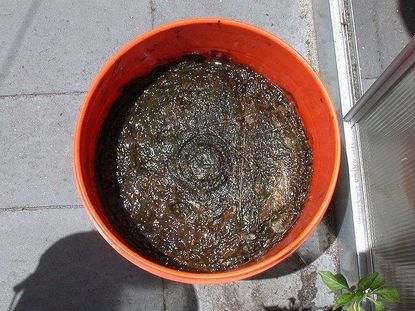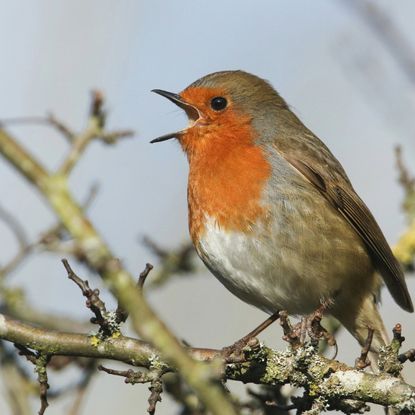Backyard Stories
Your ultimate guide to Backyard Stories: Everything you need to know with expert info for beginners and advanced gardeners alike.
Backyard Stories
-
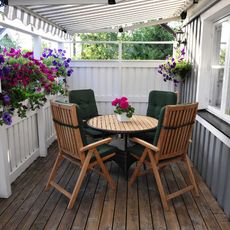
Enclosed Porch Garden - Indoor Gardening On The Porch
I wasn't impressed with the enclosed front porch until realizing I have a greenhouse attached to the house year round. Here's what I grow.
By Laura Miller
-
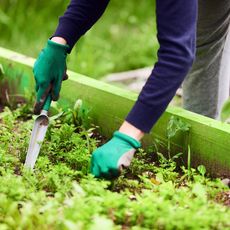
My Secrets For A Weed-Free Garden
Weeding the garden is not a problem if you know some tricks. Read on to learn how I deal with them.
By Laura Miller
-
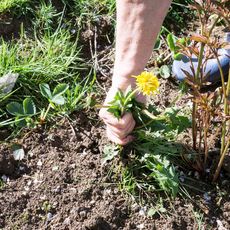
My Gardening Sustainability Practices – A Work In Progress
I try to maintain a sustainable gardening practice partly out of love for the wildlife that visit my garden. Click for more.
By Mary Ellen Ellis
-
Striving Towards Sustainability In The Garden
In this day and age of sustainability I am embarrassed to admit I could do more. That doesn’t mean I do nothing, though. Click for more.
By Amy Grant
-
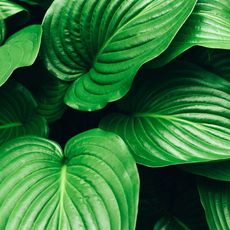
Green In The Garden: Can You Have Too Much?
I like the green foliage in my garden as a neutral background for contrasting with colorful plants and flowers. Click for more.
By Susan Albert
-
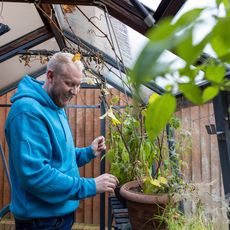
Gardening For Mental Wellness
Click to read how gardening helps me with mindfulness, meditation and general mental well-being.
By Mary Ellen Ellis
-
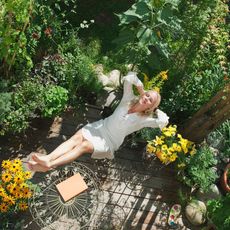
Vitamin D, Baby
I love gardening for so many reasons. Here are just some of the benefits.
By Bonnie Grant
-
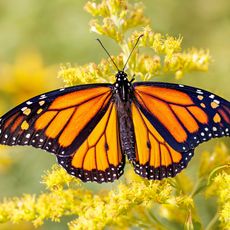
The King Of Butterflies
Click here to learn more about my favorite butterfly visitor to the garden.
By Mary Ellen Ellis
-
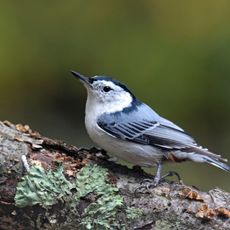
My Favorite Birds
All birds are welcome in my garden. I offer them food, but they don’t need an invitation to come for a visit.
By Mary Ellen Ellis
-
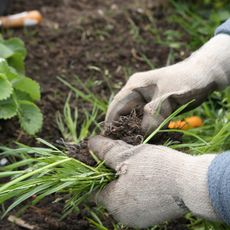
Choose Your Weapons
Who is my worst enemy in the garden? Choose your weapons wisely and come along with me to find out!
By Bonnie Grant
-
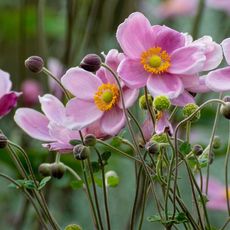
Five Flower Bulbs
Where annual flowers are slow to bloom, spring bulbs are ready to burst into life. Click here to read about my favorites.
By Tonya Barnett
-
When To Plant English Peas
The first crops of the season make the biggest impact on me. And my favorite of them all is peas. Read on to learn more.
By Laura Miller
-
Overwintering Coleus For Another Year Of Growth
Click here to find out about my process and personal preference when it comes to overwintering coleus for another year of growth.
By Mary Ellen Ellis
-
Tough As Clay
The soil where I live is clay, and as such, proves to be very challenging. Click here to find out how I manage to still make it work.
By Laura Miller
-
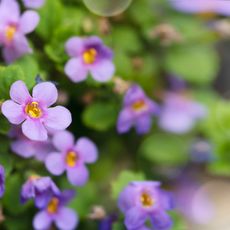
Annuals Make A Comeback
It’s always a pleasant surprise to find plants in the garden that survive the winter and re-seed themselves.
By Bonnie Grant
-
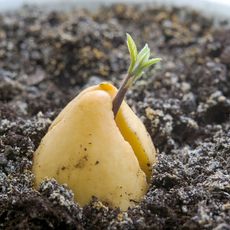
Random Planting Brings Many Surprises
I don’t keep meticulous track of my plantings, so I’m often happily surprised to see what comes up in the spring.
By Teo Spengler
-
A Years-Long Battle With Barren Peonies
My peonies proved to be hardy when I gave them the right growing conditions, and added a little patience. Read on for more.
By Mary Ellen Ellis
